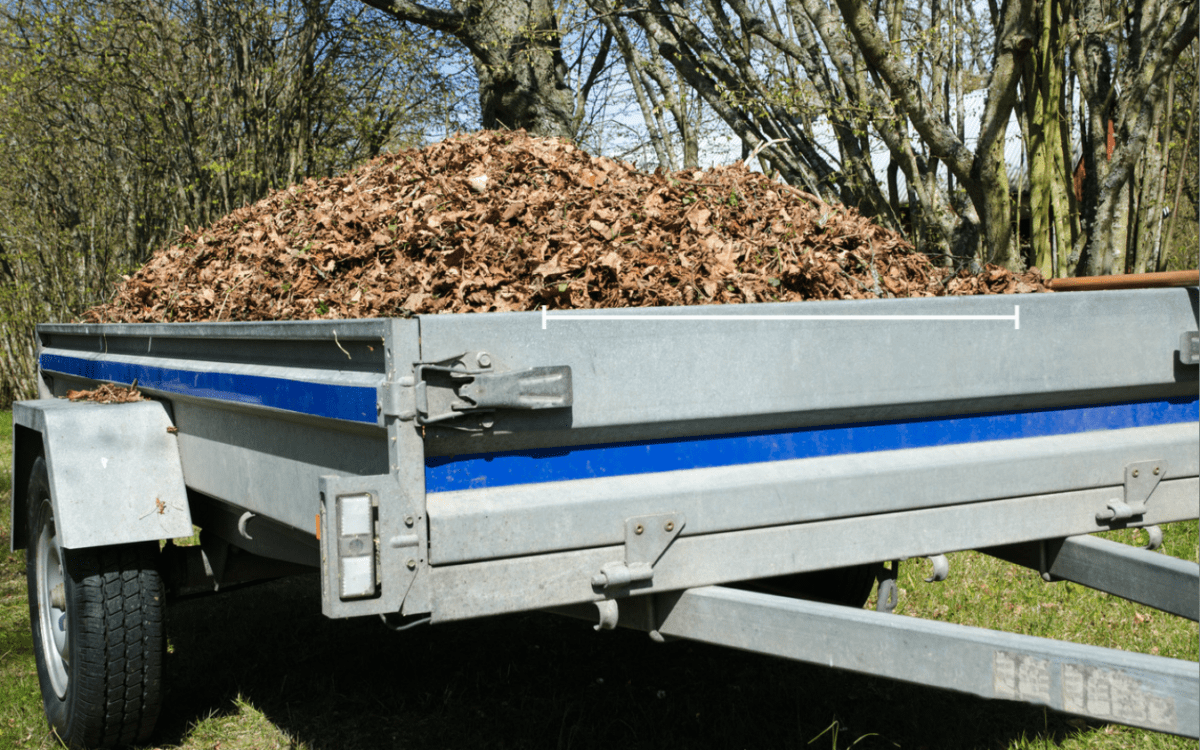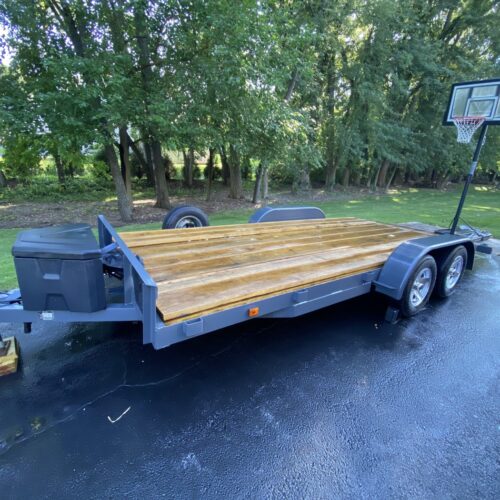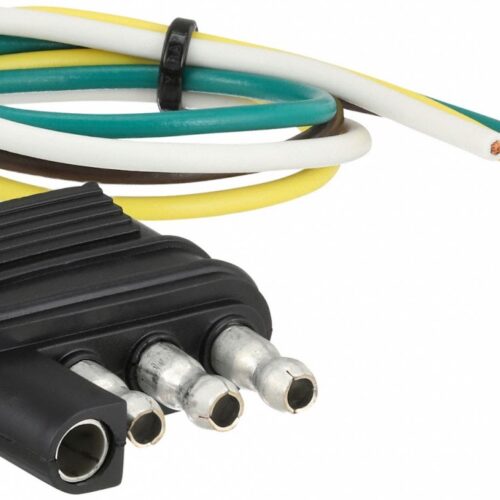Utility trailers are the unsung heroes of many projects, whether for hauling equipment, moving furniture, or transporting goods. They’re reliable workhorses, enduring years of use and abuse. But just like any other tool or vehicle, utility trailers have a finite lifespan. So, how long can you expect your utility trailer to last, and when should you consider retiring it?
The Lifespan of a Utility Trailer
The lifespan of a utility trailer varies based on several factors, including its construction, maintenance, and usage. Here are some key elements to consider:
- Materials and Construction: The materials used and the construction quality heavily influence a trailer’s longevity. Steel trailers are durable and often last longer than aluminum ones, but they’re prone to rust. Aluminum trailers are lighter and resist corrosion, but they can be more expensive. High-quality welds and sturdy construction add to a trailer’s lifespan.
- Maintenance: Regular maintenance significantly extends a trailer’s life. This includes greasing wheel bearings, inspecting and replacing tires, checking and replacing lights, and maintaining the trailer’s structural integrity. Neglecting maintenance can drastically shorten a trailer’s lifespan.
- Usage: How you use your trailer plays a crucial role. If it’s used occasionally for light loads, it will last longer than if it’s constantly overloaded or subjected to rough terrain.
- Environmental Factors: Exposure to harsh weather conditions, road salt, and corrosive materials can accelerate wear and tear.
Signs It’s Time to Retire Your Trailer
While utility trailers can last a long time with proper care, there comes a point when it’s more practical and safer to retire them. Here are signs indicating it might be time to say goodbye to your old faithful trailer:
- Rust and Corrosion: Extensive rust and corrosion compromise a trailer’s structural integrity. If you notice significant rust on the frame, axles, or other critical components, it’s a warning sign.
- Frame Damage: Bent or cracked frames can’t provide the necessary support. If you spot structural damage, especially in load-bearing areas, it’s time to consider retiring the trailer.
- Worn Suspension: A trailer’s suspension system, including leaf springs and shock absorbers, can wear out over time. If the suspension is sagging, bottoming out, or showing signs of damage, it’s unsafe to use.
- Tire Wear: Excessive tire wear, such as uneven tread or sidewall damage, indicates potential safety hazards. Aging tires are also prone to blowouts, risking accidents.
- Electrical Issues: Malfunctioning lights, brakes, or wiring can compromise safety, making your trailer a hazard on the road.
- Floor Integrity: If the trailer’s floor is rotted, warped, or weakened, it can’t support loads safely.
- Licensing and Inspection Issues: Some jurisdictions have regulations regarding trailer condition for road legality. If your trailer can’t pass inspections or meet legal requirements, it’s time to retire it.
A well-maintained utility trailer can last for many years, becoming an indispensable tool. However, there comes a time when the wear and tear become too much, and retiring the trailer is the safest and most practical option. Regular maintenance, careful use, and periodic inspections can help prolong your trailer’s life and ensure it serves you well. When the signs of wear and damage outweigh the benefits of keeping it, it’s time to bid farewell and consider investing in a new, reliable trailer that will continue to meet your needs.




